- Learning time
- 5 minutes
- First play time
- 30 minutes
SWAT!
Designed by: Reiner Knizia
In SWAT! all you’re doing is collecting cards, and you announce your intention by swatting your hand down on the table. It’s a simple game that comprises elements of risk, memory, reactions, and is a little cleverer than it first appears.
The game is made up of the cards: before play begins they are shuffled and someone is assigned the role of the first dealer: on this turn, they can’t swat but simply flip the cards over, one at a time. There’s no turns: at any time, any player can choose to take the cards by slapping their hand down on the table: and what’s on the cards you take defines your score: some cards are worth points, others are worth points but only when paired with a matching card. Others are worth more points depending on how many you have, and there’s one type of card that’s 7points for the player swith the most and -7points for the players with the fewest. But the catch is there are also negative cards: minus one, two or three points, or minus four points if paired. So as the cards go down – and the dealer may choose how fast they deal – you’re trying to keep in your head what’s in the pile, and when’s a good time to strike. Hanging back might be good if everyone else is panicking: you might get a big wedge of cards at the end of the round. But equally, the cards are running out, so you don’t want to wait forever.
Each player can swat three times during a round, and points are tallied and kept track of at the end (when the deck runs out). After the third round, the player with the most points wins.
The guru's verdict
-
Take That!
Take That!
Once you've got cards, nobody can take them from you. But players may be beaten to the punch when claiming.
-
Fidget Factor!
Fidget Factor!
None, unless you count the marginally fiddly process of scoring.
-
Brain Burn!
Brain Burn!
Low - there's some computational skill here but it's more about memory and fastest-finger-first type reactions.
-
Again Again!
Again Again!
Adults may need a break after a couple of plays, but kids might find it amusing for hours. There's in-built unpredictability and the dynamic of the game very much rests in the hands of the players themselves

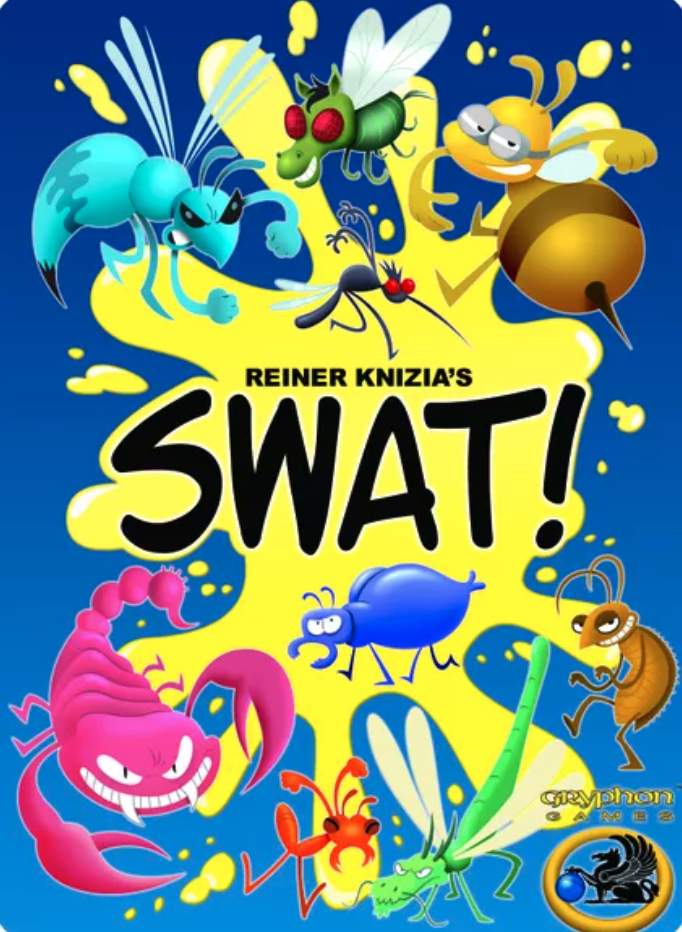
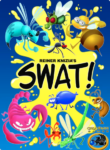

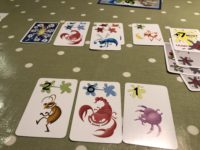
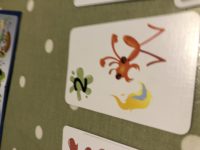
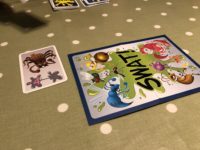


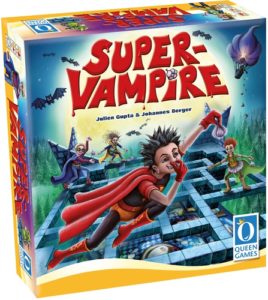
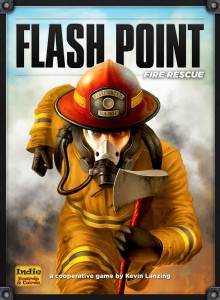
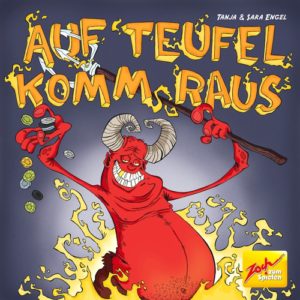
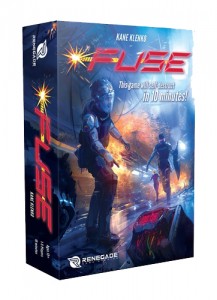
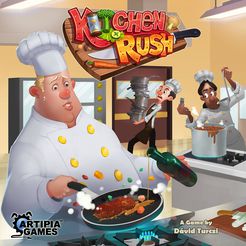
Sam says
Not the type of game I'd happily while away long hours of an afternoon playing, but as a starter-for-ten or evening-ending group game that plays super-fast and seems to brim with slightly-comic dramatic potential, one I'd happily play again. Designer Reiner Knizia is a master of conjuring dynamic, interactive experiences out of simple rules, and this is one of his simplest.